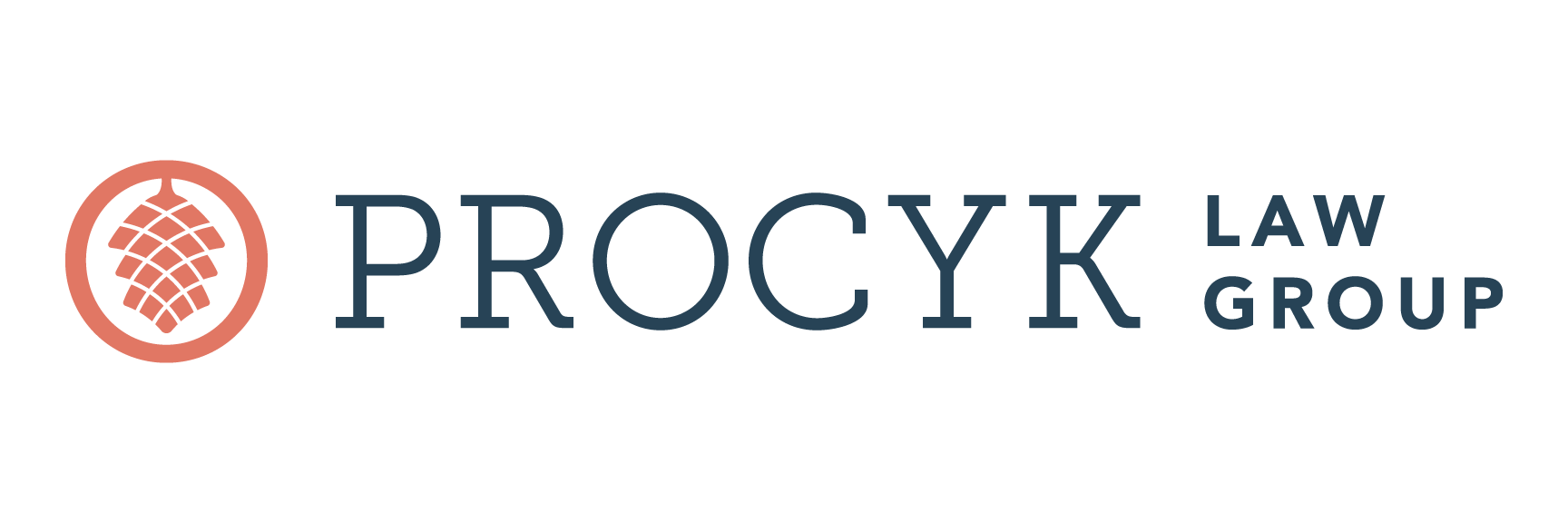Have you jumped on the AI bandwagon yet? If so, you’ve probably used it to make your life easier. AI can be incredibly helpful, especially when the stakes are low. Need a personalized meal plan or an exercise routine? AI can handle that. But when it comes to estate planning, some people use AI for what they believe to be a simple and cost-effective solution.
The allure of Do-It-Yourself estate planning through AI is strong, especially when you think your situation is simple and straightforward. You may also think you don’t have much money, and so your circumstances aren’t complicated. Both of these beliefs are extremely common – and rarely true.
Here’s the truth: estate planning is not just about creating a set of documents, and it’s almost always more complicated than you think. To do it effectively, it must be personalized to fit you, your family dynamics, and the specific types of assets you have. But unless you’re an expert, you don’t know how your personal circumstances apply to the law and your values – or how your estate plan should be structured to fit the law and your values. AI cannot do any of this. And if you get it wrong, there are legal (as well as financial) consequences. You need a human to guide you; a human who understands you, your family, your assets, your wishes and desires, and how all these things work together with current law.
So before you’re tempted to use AI for your estate plan, ask yourself the following three questions. Then consider your answers before turning to AI or any other free or cheap legal service. If you’ve already done your estate plan, these questions are important for you, too.

Question No. 1: What Matters?
First and foremost, who or what matters most to you? When you’re creating a legal plan for what happens if you become incapacitated and when you die, the place to start is by getting clear on what matters. Is it the money you’ve worked hard to earn, or is it the people around you and the relationships you’ve nurtured? Most likely, it’s the people.
Think about this. How are you affected when a loved one passes away? You’re probably filled with grief, and their absence leaves a void in your life. While their money can ease financial strain, it’s the memories and the love you shared that truly matter (this is their “legacy”). Your loved ones will feel the same way after you’re gone. What will your legacy be?
Imagine that your family is left to deal with a big legal and financial mess after you’re gone, all because you didn’t create an estate plan or created one that failed. Are you ok with that being your legacy? Does it matter to you that people will need to spend time away from work and their lives to manage your affairs? And what if they ended up fighting or estranged? Does that matter to you?
What about your assets? Does it matter to you if your estate has to pay unnecessary taxes, or that your assets get lost and turned over to your State’s Department of Unclaimed Property? Or do you care about supporting a cause you believe in, or supporting a family member who needs help?
When you create a Life & Legacy Plan with our office, you gain the power to influence these outcomes in a way that AI cannot do. But first get clear on what truly matters to you.
Question No. 2: What’s It Worth?
Once you’re clear on what matters, the next question is: what are those things worth? How important is it to ensure your family’s relationships are preserved, for example? How important is it that your assets don’t get used to pay taxes when there’s an option to give them to your loved ones? It’s critical to know not only what’s important, but how important it is, so you know how much time, energy, attention, and money to dedicate to it.
One of the main reasons people may use AI to draft their estate plans is that they think estate planning is simple. However, estate planning is much more complex than most people realize. Even licensed attorneys who practice estate planning often find themselves overwhelmed by the intricacies of the law, which changes regularly and varies from state to state. AI is a one-size-fits-all approach that doesn’t take into account the complexities. So if you rely on AI, you’re leaving a lot to chance. Is it worth it to you to take a chance on what matters? There is no wrong answer here; it may be yes or it may be no. The key is that you’re being true to yourself.
Question No. 3: Is AI Actually Cheaper and Easier?
And now we’re at the third and final question: is AI or Do-It-Yourself legal really cheaper and easier than working with an expert? If the program makes a mistake in your estate plan and your family ends up in court, embroiled in conflict, with relationships irreparably broken, was it worth the supposed savings? What if your assets were lost to the government, eaten up by unnecessary taxes, or depleted by lawyers’ fees and court costs due to litigation?
When you weigh the potential costs—financial, emotional, and relational—against the upfront savings you might achieve by using AI, the true worth of those things that matter to you becomes clearer. You see that estate planning is about much more than just money; it’s about protecting the people you love and ensuring your legacy is honored as you intend.
You and Your Family Deserve More Than a Quick and Cheap Fix
The way to ensure that your plan works when you and your loved ones need it to, and saves you and your family money, is by working with me to create a Life & Legacy Plan. With my Life & Legacy Planning process, I’ll guide you to get clear on what matters, then together we’ll create a complete plan that honors your wishes and creates a loving legacy at a price that fits your budget. When it comes to something as important as your estate plan, it’s worth taking the time to do it right. Your legacy deserves more than a quick fix—it deserves the thoughtful attention of someone who understands your unique situation and can help you navigate the complexities of the law to achieve your goals.
As your estate planning firm, we understand that estate planning isn’t just about the documents you sign or the money you leave behind. It’s about ensuring that the people and things that matter most to you are protected and honored in the way you intend. Once you’ve created your plan, you can rest easy knowing your wishes will be honored, your loved ones cared for, and your legacy preserved.
Click here to schedule a complimentary 15-minute consultation to learn more.
